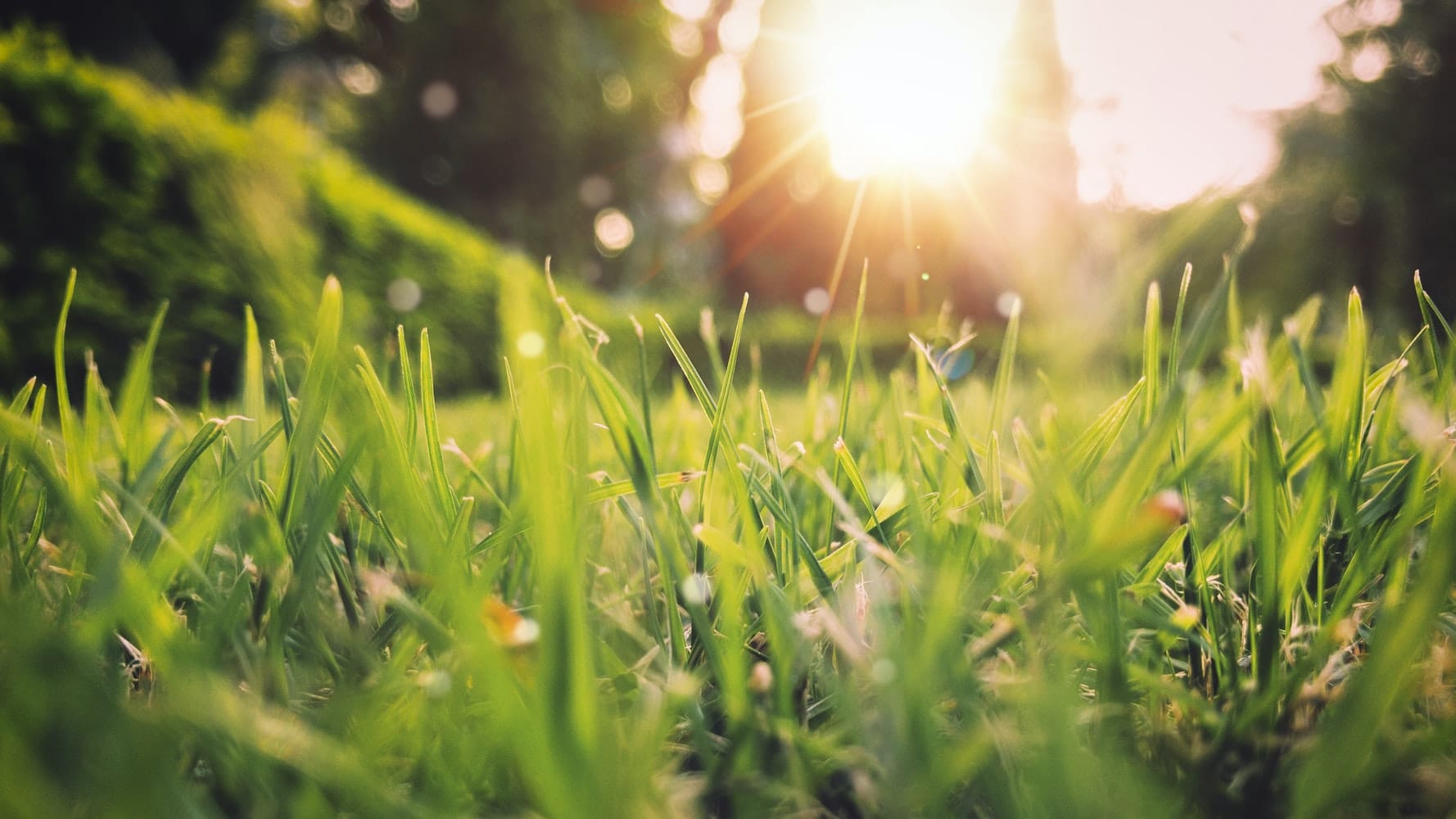Awareness of treatments is important for allergy season, but preventative measures are key. Nose Filters may be the answer!
Allergic rhinitis, also known as “hay fever”, develops when the body’s immune system overreacts to an allergen. An allergen is a typically harmless substance in the surrounding environment that triggers the immune system into releasing histamines and other chemicals into the bloodstream. Intensity and frequency of hay fever symptoms are varied from person to person, but for those who suffer from seasonal allergies, they understand how miserable and debilitating these symptoms can be.
Who is Affected by Allergies?
Allergic rhinitis is a prevalent condition that affects approximately 30% of the population worldwide. Allergy season depends on location and characteristics of location-specific seasons, but some people suffer from allergies year-round. Common airborne allergens include:
- Tree Pollen
- Grass Pollen
- Ragweed Pollen
- Pest Particles (such as from cockroaches and dust mites)
- Pet Dander
- Fungi and Mold Spores
Allergy triggers have two types: seasonal and perennial. Tree pollen is common in early spring, grass pollen is common in late spring and summer, and ragweed pollen is common in the fall – these are all seasonal allergens. Others, such as pest particles, pet dander, and sometimes even mold spores are perennial allergens that persist throughout the year. As common as indoor allergens are, perennial allergens may be worse during the winter months when houses are often closed up and insulated.
What Are My Options for Allergy Relief?
There are many traditional treatments for allergic reactions and they are easily accessible, especially with a doctor’s prescription and guide. Medications for hay fever include:
- Antihistamines
- Cromolyn Sodium
- Decongestants
- Nasal Corticosteroids
- Leukotriene Modifier
- Nasal Ipratropium
- Oral Corticosteroids
The most common over-the-counter (OTC) medication for allergic rhinitis is antihistamines – these block the chemical histamine that the immune system releases when exposed to allergens. Most of these OTC options can come with some less-than-ideal side effects. Oral decongestants can cause increased blood pressure, insomnia, headaches, and irritability. Nasal decongestant sprays can actually worsen symptoms when used for more than two days at a time.
If OTC treatments fail to help, a doctor can prescribe nasal corticosteroids, leukotriene modifiers, nasal ipratropium, or oral corticosteroids. These medications can also come with mild to severe side effects, ranging from nasal dryness, nose bleeds and sore throats, to osteoporosis, muscle weakness, and cataracts.
What If Allergens Never Entered Your System?
While medicine can alleviate symptoms after an allergic reaction is triggered, awareness of one’s sensitivities and minimizing exposure to those allergens is preferable. You can monitor for high pollen count days and then staying indoors with windows closed during the mon-morning and early evening when pollen counts are highest. You could also install a HEPA level filtration system to minimize the volume of allergic particles in the air around you.
However, limiting personal exposure to recognized allergens can only reduce the problem. Everyday life and responsibilities make avoiding most allergens nearly impossible. A relatively new option as an additional line of defense against seasonal allergies is the use of nasal filters. Nasal filters come in many form factors, but the goal is to trap pollen and other allergens before they can reach the mucous membranes in the nose, where allergic reactions occur.
A 2014 study of 24 adult volunteers with a history of grass allergy were exposed to grass pollen during winter months. Each volunteer wore either a nasal filter or a placebo nasal filter. The study found that the nose filter reduced allergic reactions such as itching, sneezing, and throat irritation, compared to the placebo. Since then, newer and more advanced nose filters have been developed to more successfully protect the mucous membranes.
The goal of nasal filters is to block the problematic particles before they can lodge in the mucous membranes and instigate an allergic reaction. Nasal filters offer a drug-free prevention alternative, no side effects, and more freedom to be in environments with high amounts of pollen, pet dander, and mold spores in the air. While there are numerous options available now, nasal filters are only as effective as the filtration material incorporated into their design. Start by identifying the typical particle size for the allergen(s) you are seeking to minimize, then look for a nasal filter option that incorporates a filter material with demonstrated effectiveness at blocking that particle size. Nasal filters with the proper filtration material have the added bonus of being able to block pollution, debris, and pathogens from entering your system as well.
O2 Nasal Dilators incorporate 3M’s Advanced Electret Media filters, which blocks 90% of particles above 10 microns (PM10) and up to 65% of particles as small as 2.5 microns (PM2.5). Any user can feel confident that O2 Nose Filters will block nearly all pollen particles and most pet danders and mold spores.
Take preventive measures this allergy season.
Click here for a FREE (+S&H) sample pack to see which size works best for you!



